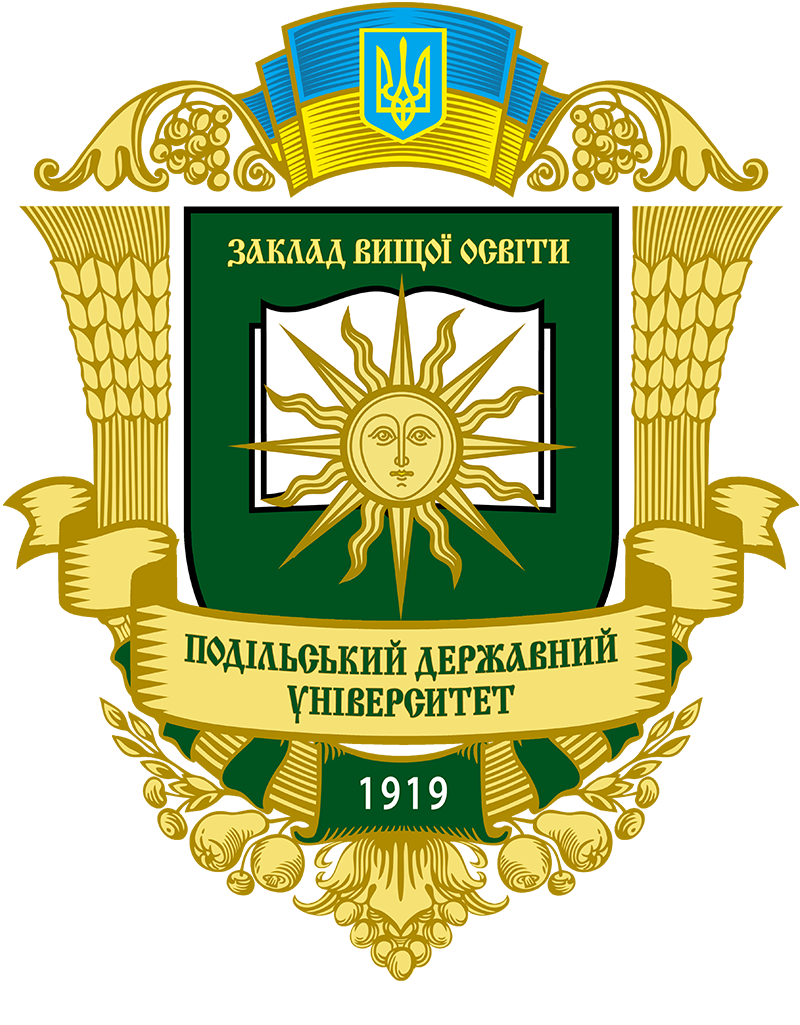INCLUSIVE EDUCATION IN TEACHING FOREIGN LANGUAGES: ADAPTATION OF METHODS FOR LEARNERS WITH SPECIAL NEEDS
DOI:
https://doi.org/10.37406/2521-6449/2025-1-16Keywords:
inclusive education, foreign language teaching, adaptation of methods, students with special needsAbstract
Inclusive education is an important component of modern pedagogical practice, aimed at ensuring equal opportunities for all learners, regardless of their physical, cognitive, and emotional characteristics. It promotes the development of an educational environment that takes into account the needs of each higher education student, creating conditions for their successful learning and socialization. In the context of teaching foreign languages, an inclusive approach involves the adaptation of methods, resources, and pedagogical strategies for individuals with special needs, enabling them to effectively acquire language skills.The article explores the specifics of adapting traditional foreign language teaching methods for students with various types of special needs, such as hearing impairments, vision impairments, autism, dyslexia, and more. It discusses methods of individualizing learning, including the use of multimedia resources, audiovisual materials, and specialized programs and technologies for individuals with disabilities. Particular attention is paid to the use of pedagogical approaches such as visual and audio materials, which enhance information perception, and individualized tasks that account for the varying levels of student preparedness.Furthermore, the article highlights the role of inclusive education in the development of social skills, increasing students’ motivation to learn, and facilitating integration into the educational environment. It also discusses methods for correcting educational processes for students with autism, dyslexia, and other disorders, which create a comfortable learning and development environment.The article examines pedagogical strategies that can be used to create a positive and supportive atmosphere in the classroom, where every student can develop language skills without barriers.Through the implementation of inclusive methods in foreign language teaching, opportunities for students with special needs are significantly expanded, contributing to their socialization, increased self-confidence, and the creation of equal conditions for the development of language skills.
References
Жосан О.Е. (упоряд.). Ідеї гуманної педагогіки та сучасна система інклюзивного навчання: зб. матеріалів Всеукраїнської науково-методичної конференції, присвяченої 97-річчю від дня народження В. Сухомлинського м. Кіровоград, 29-30 вересня 2015 р. Кіровоград, 2015. 468 с.
Калашнікова Т.П., Кравцов Ю.І. Клінічна динаміка дисграфії і дислексії в молодших школярів у процесі проспективного дослідження. Міжнародний неврологічний журнал. 2006. № 3(7). URL: http://www.mifua.com/archive/article/2520.
Корнеєва, О.В. Інклюзивне навчання як основа розвитку особистості учня з особливими потребами. Педагогічні науки. 2019. № 12(4). С. 15–22.
Кравченко, І.О. Інклюзивна освіта в контексті навчання іноземним мовам. Вісник освіти України. 2020. № 6(2). С. 78–85.
Саламанкська декларація. Рамки дій з освіти людей з особливими потребами, прийняті Всесвітньою конференцією з освіти осіб з особливими потребами: доступність і якість : Саламанка, Іспанія, 7-10 червня 1994 р. Київ, 2000. 21 с.
Сидоренко, В.І. Інклюзивні методики в педагогічній практиці: теорія та практика. Педагогіка розвитку. 2018. № 9(3). С. 112–118.
Чикалина, Н.А. Адаптація методик викладання іноземних мов для учнів з особливими потребами. Журнал інклюзивної освіти. 2017. № 3(1). С. 40–47.
Anderson R.C., Li W. A cross-language perspective on learning to read. Understanding literacy development: A global view / A. McKeough, L. M. Phillips, V. Timmons, J. L. Lupart (Eds.). Lawrence Erlbaum Associates Publishers. 2006.
Perrachione T. K., Del Tufo S. N., Winter R., Murtagh J., Cyr A., Chang P., Halverson K., Ghosh S. S., Christodoulou J. A., Gabrieli J. Dysfunction of Rapid Neural Adaptation in Dyslexia. Neuron. 2016. 92 (6), 1383–1397. https://doi.org/10.1016/ j.neuron.2016.11.020.
The History of Dyslexia. Retrieved from https://dyslexiahistory.web.ox.ac.uk/brief-historydyslexia.








